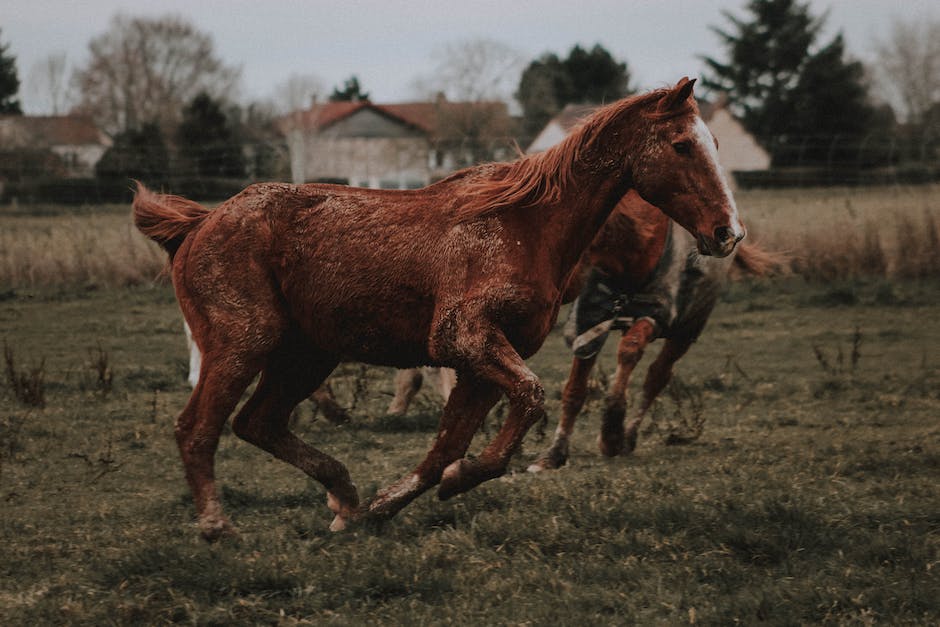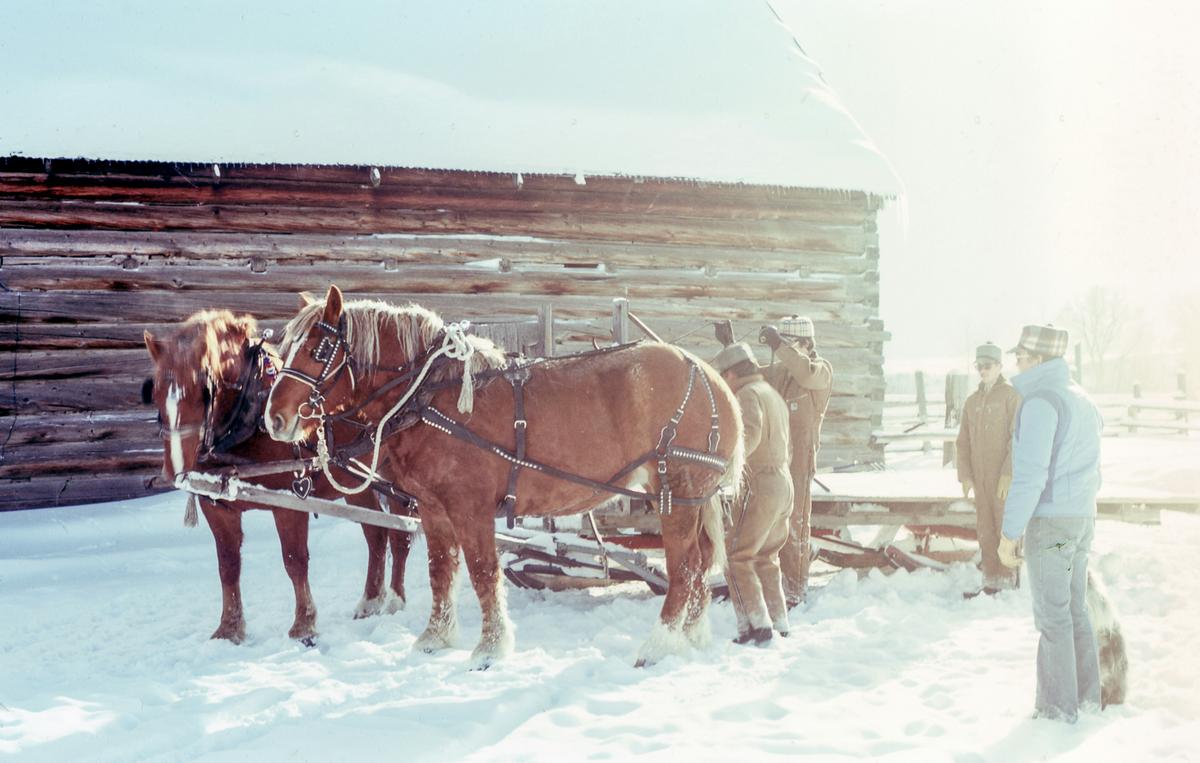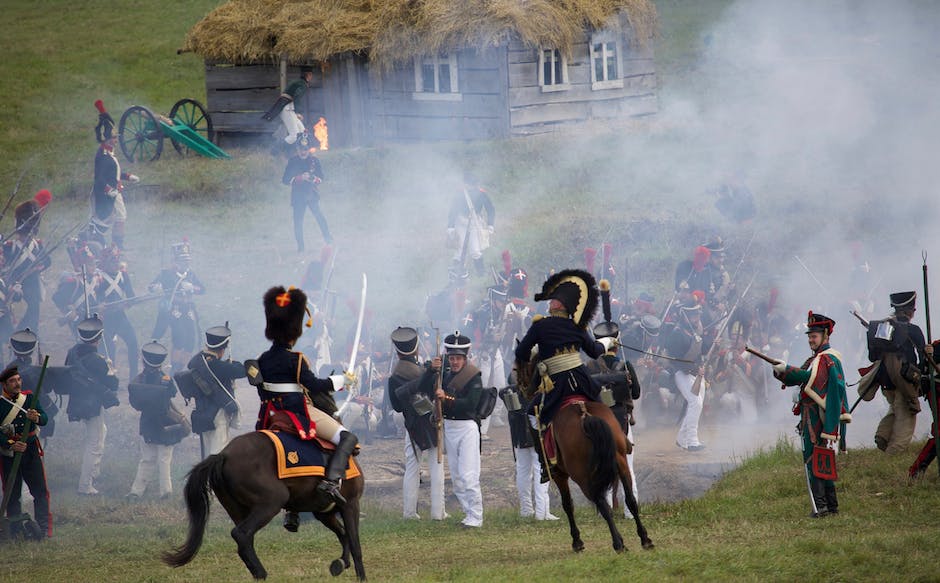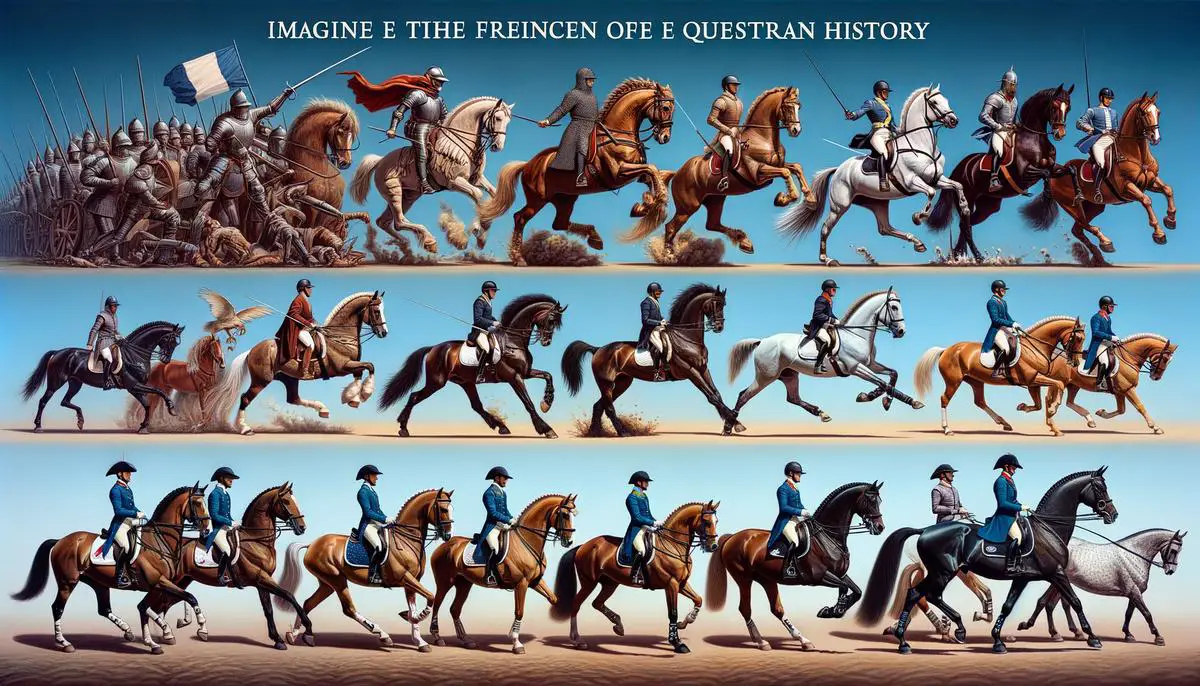Have you ever wondered what makes France a leading figure in horse breeding? This article will explore the historical milestones and events that have shaped French horse breeding into the formidable force it is today. From the strength and courage of the medieval destriers to the agility and grace of modern-day breeds, each chapter of French horse breeding history has contributed to its global prestige. Let’s embark on a detailed exploration of how France’s equine tradition has evolved, highlighting the breeds that continue to make a significant impact in equestrian disciplines worldwide.
Table of Contents (Horspedia)
History of French Horse Breeding
How Historical Events Shaped French Horse Breeding: A Deep Dive
Ever wondered how France became a powerhouse in horse breeding? It’s not just by chance. Dive into the rich tapestry of history, and you’ll discover a series of pivotal events that sculpted the French horse breeding landscape into what it is today. From the majestic Percheron to the sleek Thoroughbred, each breed tells a story of survival, adaptation, and excellence. So, grab your riding boots, and let’s gallop through time to unravel the history behind French horse breeding excellence.
The Medieval Era: Knights and Destriers
Let’s kick things off in the Middle Ages, a time when knights were the superheroes of Europe. They needed robust, powerful horses, known as destriers, to carry them into battle. France, with its vast land and diverse climates, became the breeding ground for these war horses. The destriers were the tanks of their day, and French breeders became masters at producing these muscular, courageous animals. This period laid the foundation for the French emphasis on strength and resilience in horse breeding.
The Renaissance: Introducing Elegance
As we trot into the Renaissance, the era of enlightenment brought a shift. Cavalry tactics changed, and so did the preference for horse types. The nobility now desired horses that weren’t just strong but also elegant and graceful for riding and parade purposes. Enter the French cavalry horse, a breed that balanced power with grace. French breeders adeptly responded to this trend, showcasing their versatility and deep understanding of equine genetics. This era emphasized the adaptability of French horse breeding practices to meet evolving societal needs.
The 19th Century: The Dawn of Horse Racing
Racing into the 19th century, the French fascination with horse racing took off. The English Thoroughbred, known for its speed and endurance, caught the fancy of French breeders. However, instead of merely importing these horses, French breeders embarked on a mission to create their own high-caliber racing breeds. The result? The development of prestigious French Thoroughbreds that could rival their English counterparts. This move underscored the French commitment to excellence and innovation in horse breeding.
War and Industrialization: Preserving Horse Breeds
The two World Wars and the advance of industrialization posed threats to many traditional horse breeds worldwide. France was no exception. However, what set France apart was its proactive approach to preserve its equine heritage. French breeders and enthusiasts rallied to protect and sustain breeds like the Percheron draft horse, which faced dwindling numbers. This period highlighted the resilience and passion of the French horse community in safeguarding their legacy.
Today: A Legacy of Excellence
Fast forward to the present, and France stands as a leader in various equestrian disciplines, from show jumping to dressage. The historical tapestry, with its blend of strength, elegance, and a relentless pursuit of excellence, continues to influence French horse breeding. French breeders, with centuries of knowledge and passion, continue to produce horses that excel on global stages, embodying the rich history that shaped them.
In wrapping up our historical gallop, it’s clear that French horse breeding is not just about producing the next champion. It’s a testament to France’s ability to adapt, innovate, and preserve its equine heritage through ups and downs in history. From the destriers of the Middle Ages to the elite sports horses of today, the French horse breeding saga is a fascinating journey of resilience, adaptation, and excellence.

Prominent French Horse Breeds
Moving into the spotlight, let’s dive deep into the world of French horse breeds that have galloped their way to global recognition. France, with its rich equestrian heritage, has gifted the world with some of the most prestigious and versatile horse breeds. Each breed, with its unique traits and history, contributes significantly to various equestrian activities around the globe. So, grab your riding gear as we embark on a tour of these magnificent French equine marvels.
The Selle Français: A Leap of Excellence
First up, we have the Selle Français, a name synonymous with show jumping and eventing circuits worldwide. Born from the fusion of various French regional types, this breed stands out for its exemplary athleticism and temperament. The Selle Français has made waves in the Olympic arena, bringing home medals and accolades. Its adaptability and willing nature make it a top choice for both amateur riders and professional equestrians. If jumping over obstacles or dancing through dressage routines is your call, the Selle Français is your go-to partner.
The Camargue: Wild at HeartJourneying to the marshes and wetlands of the Rhône Delta, the Camargue horse emerges as a symbol of wild freedom. With its ancient origins shrouded in mystery, this sturdy breed thrives in the harsh environments of its native Camargue region. Renowned for its stamina, agility, and resilience, the Camargue is celebrated not just in France but by enthusiasts of natural horsemanship and those passionate about preserving the spirit of wild horses. Their remarkable adaptability and gentle demeanor have also made them excellent companions for therapeutic riding programs.
The Percheron: The Gentle GiantsStepping into the realm of draught horses, the Percheron commands attention with its impressive stature and grace. Originating from the Perche province, these gentle giants were originally bred for war but later transitioned to roles in agriculture and urban transport. Today, the Percheron excels in pulling carriages, competitive driving, and even forestry work, thanks to its incredible strength and calm nature. Their adaptability and eagerness to please have endeared them to many outside France, securing their place as one of the most revered draught breeds worldwide.
The French Trotter: Racing to GreatnessThe French Trotter is France’s answer to the world of harness racing. Known for their endurance and speed, these horses compete in trotting races across Europe, showcasing their remarkable athletic abilities. The breeding of the French Trotter is carefully managed to enhance these qualities, resulting in a horse that combines the stamina of the Norman trotter with the speed of American Standardbreds. Their popularity extends beyond the racetrack, as retired trotters often find new careers in leisure riding and equestrian sports, demonstrating the breed’s versatility and adaptability.
- The Normandy Cob: A Multi-Talented Marvel
Last but not least, the Normandy Cob, a true all-rounder, emerges from the historic region of Normandy. Renowned for their strength, docility, and versatility, these horses excel in various disciplines, from driving and farm work to competitive riding. The Normandy Cob’s even temperament and willingness to work make it an ideal choice for both novice riders and seasoned professionals. Beyond the borders of France, this breed has found a niche in carriage driving and traditional equestrian shows, enchanting audiences with their elegance and power.
As we wrap up our equestrian journey, it’s clear that France’s contribution to the equine world is both vast and varied. From the agility of the Selle Français to the resilience of the Camargue, the strength of the Percheron, the speed of the French Trotter, and the versatility of the Normandy Cob, these breeds not only highlight the rich cultural heritage of France but also their significant impact on global equestrian pursuits. Whether you’re a fan of high-speed races, elegant dressage, or peaceful countryside rides, French horse breeds offer something for every horse lover out there. So next time you saddle up or cheer from the sidelines, remember the legacy and excellence of these French marvels.

Photo by lesanderson on Unsplash
Challenges Facing French Horse Breeders
Despite France’s rich equestrian heritage and its influence on global equestrian pursuits, French horse breeders face numerous challenges in the modern world. These challenges are as diverse as the breeds themselves, reflecting both global and local issues. Understanding these challenges is key for anyone involved or interested in the preservation and future of these majestic animals.
Economic Pressures:
Much like other agricultural sectors, horse breeding is not immune to economic fluctuations. The high costs of feeding, housing, veterinary care, and training horses can be overwhelming for breeders. Additionally, the market for horses is often volatile, with prices for animals and breeding services susceptible to changes in equestrian sports’ popularity and the global economy. This makes financial sustainability a constant struggle for breeders.
Genetic Diversity:
Sustaining genetic diversity is a critical challenge. For some breeds, a narrow genetic pool raises concerns about inbreeding and its consequences, including health problems and a loss of vigour. Breeders need to make careful decisions to preserve the breeds’ qualities while preventing genetic issues.
Environmental Changes:
Climate change and environmental degradation present challenges for horse breeders, especially for those breeds that rely on specific natural habitats, like the Camargue horse. Changes in land use, loss of grazing areas, and extreme weather conditions can all impact breeding schedules, food availability, and ultimately, the health of the horses.
Regulatory and Legislative Issues:
Navigating the maze of regulations governing animal breeding, welfare, and commerce can be daunting for breeders. These regulations can vary significantly from one region to another within France and the European Union, making compliance a complex, often burdensome, task. Additionally, there is always the risk of legislative changes that could impact breeding practices or trade.
Technological Advances:
While technology offers incredible opportunities for better breeding practices, veterinary care, and marketing, staying abreast of and affording these technologies is a challenge. Whether it’s advanced genetic testing, digital marketing to reach global markets, or the latest in animal health care, breeders must be continually learning and investing.
Shifting Social Attitudes:
The public’s perception of animal rights and welfare is rapidly evolving, influencing how breeders must manage and market their operations. Breeders need to ensure that their practices meet not only legal standards but also the ethical expectations of potential buyers and the broader community. This could mean additional investments in improving living conditions for the horses or in public relations efforts to communicate the care taken in breeding processes.
International Competition:
The global nature of equestrian sports and horse breeding means French breeders are not just competing locally but with breeders from all over the world. Ensuring that French breeds stand out in a crowded market requires significant effort and investment in quality, marketing, and international networking.
Facing these challenges head-on, French horse breeders are responsible for maintaining their country’s legendary breeds’ legacy and ensuring that they continue to thrive in a rapidly changing world. It’s a testament to their passion and resilience that they continue to succeed in preserving these majestic animals for future generations to appreciate and enjoy. Whether you’re a seasoned equestrian or simply a horse lover, understanding these challenges helps appreciate the dedication and hard work behind the scenes of French horse breeding.

The Future of French Horse Breeding
The future of French horse breeding shines bright, combining rich historical roots with modern advancements and shifting global trends. As we look ahead, there are several key factors shaping the prospects of this esteemed tradition, and enthusiasts could not be more excited.
Innovation in Breeding Techniques: French breeders are not ones to rest on their laurels. As technology progresses, so does the approach to horse breeding. Techniques like artificial insemination and embryo transfer are becoming standard practice, allowing for the preservation and enhancement of coveted traits in breeds like the Selle Français and Percheron. Expect breeders to leverage genetic editing tools, aiming for healthier and more resilient horses. This leap into scientific methods promises a new era where the nobility of French horse breeds is safeguarded and refined.
Sustainability Practices: The green movement is catching on in horse breeding too! French breeders are increasingly conscious of their environmental impact, leading to a shift towards more sustainable and eco-friendly practices. From natural pasture management to organic feed, the focus is on raising horses in harmony with nature. This greener future not only benefits the planet but also produces happier and healthier horses, further enhancing the allure of French breeds.
Cultural Renaissance: Amid shifting social attitudes, there’s a growing appreciation for cultural heritage, and French horse breeding is no exception. The stories of breeds like the Camargue and Normandy Cob, with their deep historical ties and unique abilities, resonate well with a society yearning for authenticity and connection. Expect a resurgence of interest in traditional French riding disciplines and an increase in tourism dedicated to experiencing these majestic animals in their natural settings. This cultural renaissance could contribute significantly to the preservation and promotion of French horse breeds.
Global Outreach and Collaboration: The world is more connected than ever, and French horse breeding is set to benefit from international collaboration. Partnerships with breeders around the globe, coupled with advances in transportation and communication, mean that French horses are just a click or a flight away from enthusiasts worldwide. Expect French breeds to make their mark in international competitions and equestrian sports, further solidifying France’s status as a powerhouse in the equestrian world.
Adapting to Economic and Regulatory Changes: French horse breeders are navigating economic pressures and regulatory changes with resilience and forward-thinking. By diversifying income sources—such as offering breeding services, riding lessons, and horse tourism—breeders are finding new ways to sustain their operations. Similarly, staying informed and compliant with European and international regulations ensures that French horse breeding continues to thrive on the world stage.
Educational and Community Efforts: Lastly, the future of French horse breeding is closely tied to education and community involvement. Breeders and equestrian organizations are reaching out to younger generations, sparking interest through educational programs and engaging events. By fostering a community that values and supports horse breeding, France is ensuring that its equestrian heritage will be cherished and continued for generations to come.
As we can see, the future of French horse breeding is multifaceted, embracing tradition while adapting to modern challenges and opportunities. With innovation, sustainability, cultural pride, international collaboration, economic adaptability, and community support as guiding principles, French horse breeds are set to continue their legacy of excellence. The gallop towards the future is on, and for French horse breeding, it promises a journey as exciting as the heritage it aims to preserve.

Photo by aleskrivec on Unsplash
The rich tapestry of French horse breeding, woven through centuries of history, innovation, and passion, stands as a testament to the enduring legacy of France’s equine heritage. As we look towards the future, it is clear that the principles of excellence, dedication, and adaptation that have guided French breeders through the ages will continue to drive the evolution and success of French horse breeds. With a commitment to preserving the past while embracing the challenges and opportunities of the future, the French horse breeding tradition is poised to maintain its esteemed position in the equestrian world, ensuring that the legacy of these magnificent breeds endures for generations to come.
